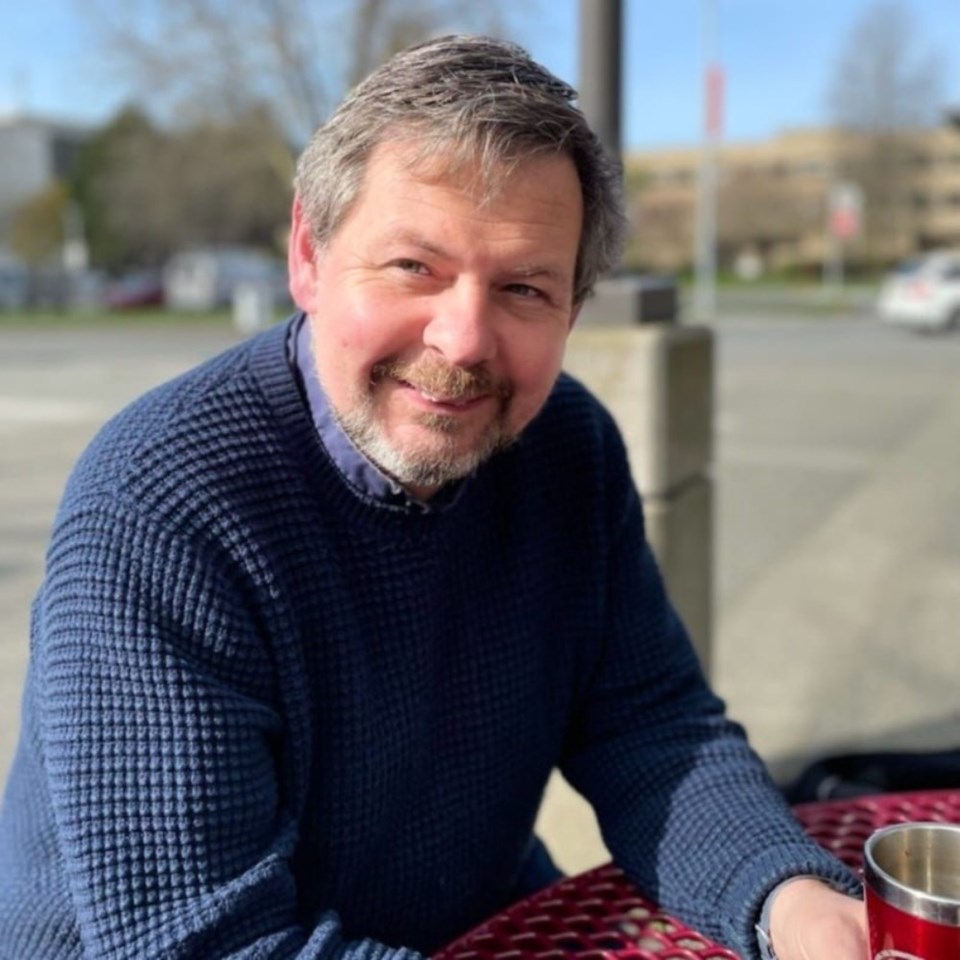As I write this I am in beautiful Parksville on a conference with the Anglican Clergy of the Diocese of Islands and Inlets – a group comprised of all the Anglican Churches of 91原创 Island, the Gulf Islands, and Kingcome Inlet. You might think that being stuck in a room with fifty or so Anglican Clergy would be either a painful or boring experience, but it’s quite the opposite. If it’s even remotely like the previous conferences I’ve been to this will be a week of laughter, stories, friendships, learning, praying, singing, and relaxing. It’s good to spend time with those with whom we have things in common, yet also celebrate the differences between us. Differences in our backgrounds, cultures, and experience.
Diversity doesn’t have to mean division. I’ve been privileged to learn from people from a very wide variety of cultures, spiritual traditions, races, and backgrounds. My friend and colleague, Rev Dr John Thatamanil, who also writes for Faith Forum, has taught me much about how different spiritual traditions share common threads, whilst also have various ways of expressing our understanding of faith. The differences give us a sense of our own identity, the things in common give us a sense of our shared humanity in search of God.
The Hebrew Scriptures (which many call ‘The Old Testament’) and the Christian Scriptures both have images of God’s people being made up of ‘many races and nations’ and remind us that God is found often in places very different from where we expect. Jesus himself said that when we show love to the very least – the excluded, the poor, the unloved or unlovely – we are showing love to him. Again and again in our Scriptures we are reminded how the love of God covers the earth and shows no discrimination to anyone.
But one of the beautiful parts of these pictures is not that everyone is the same, but that in our differences all are valued, and diversity is celebrated.
Part of my own spiritual practice is to seek to listen and learn from traditions and cultures that aren’t my own. I am learning to value the wisdom found not just in Christian and Jewish Scriptures, but also in the Vedas of Hinduism, the Sri Guru Granth Sahib of Sikhi tradition, Buddhist Sutras, the Talmud of Jewish Faith, the Islamic Qur’an, along with the poetry and writings of mystics from various spiritual traditions and none. Though I hold to my own Christian faith at the heart of all I do and all I am, there are rich and deep offerings from voices which come from places and cultures which are not my own.
In all of this, I can listen and learn, and I can hear within each of these different spiritual traditions their own diversity, the various voices and interpretations given by scholars, poets, mystics, and artists.
Some of what is written, and some of the ways in which spiritual texts are interpreted and lived out, causes me to ask questions of how I see the world. Some of it doesn’t chime or resonate with me, and sometimes there are things which I need help to understand. Being open to new ways of seeing and being does not mean I am abandoning my own deep commitment to Christ and the beliefs of my own tradition, but it causes me to ask questions about the way in which Christian faith has been and is expressed by different churches and traditions. I hope it prevents me becoming blinkered, closed-minded, or narrow in my own faith, and the faith I share in community.
The Ven. Alastair Singh-McCollum is Rector of St. John the Divine Anglican Church in Victoria and Archdeacon, Diocese of Islands and Inlets. He has a passion for the Gospel, motorbikes and bike culture, worship, philosophy, theology, guitars, single malt whisky, real ale, cinema and all things French. You can find Alastair at the church website: and on his blog:
You can read more articles on our interfaith blog, Spiritually Speaking, at /blogs/spiritually-speaking
* This article was published in the print edition of the Times 91原创 on Saturday, April 29th 2023



